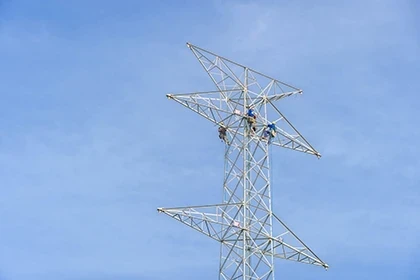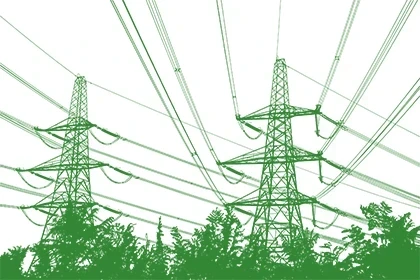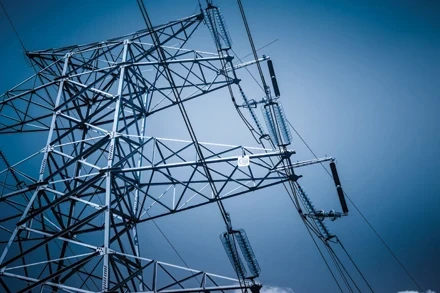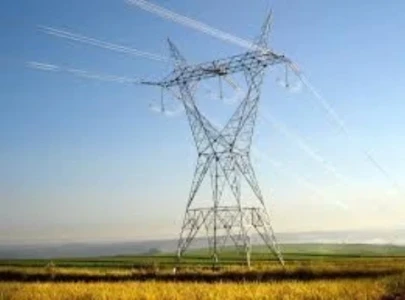Climate Change and Political Responses

As the 2024 presidential campaign heats up, discussions around climate change continue to shape the political landscape. Recent events have brought to light the complex dynamics between candidates, their environmental policies, and the lingering influence of former President Donald Trump’s controversial statements. A striking moment occurred during a recent event involving Ohio Republican Senator J.D. Vance, who found himself sidestepping a straightforward question about Trump’s past labeling of climate change as a “hoax.” This exchange has sparked renewed conversations about the Republican Party’s stance on climate issues and the implications for voters.
The Context of Vance’s Comments
J.D. Vance, known for his book “Hillbilly Elegy,” has made headlines for his shifting political positions since entering the Senate. As a candidate, he has navigated the murky waters of aligning with Trump’s base while also attempting to appeal to a broader audience concerned about climate change. During a campaign event in Minnesota, Vance was asked about Trump’s assertion that climate change is a hoax. Instead of providing a direct answer, he diverted the conversation to focus on energy independence and job creation, avoiding a clear stance on the climate crisis.
This evasive response is indicative of a larger trend among some Republican leaders who grapple with the implications of climate change on their political identity. For many in the party, acknowledging climate change poses a risk of alienating a core voter base that remains skeptical of scientific consensus on the issue.
The Political Ramifications
Vance’s reluctance to address Trump’s comment head-on raises important questions about the future of Republican climate policy. While some party members advocate for a more proactive approach to climate issues, others remain entrenched in denial or skepticism. This division can lead to inconsistent messaging, making it difficult for voters to understand where candidates truly stand.
For voters concerned about the environment, the inability of candidates like Vance to engage meaningfully with the topic of climate change may signal a lack of commitment to addressing one of the most pressing challenges of our time. This could have significant electoral implications as public awareness of climate issues continues to grow. Polls indicate that a substantial majority of Americans, including a significant portion of Republican voters, recognize climate change as a serious threat.
A Broader Conversation on Climate Change
The question posed to Vance reflects a broader conversation happening across the political spectrum. Many Americans are seeking solutions to combat climate change, emphasizing the importance of clean energy, sustainability, and resilience against extreme weather events. Candidates who are able to articulate a clear, science-based approach to climate policy are likely to resonate more with constituents looking for action.
Moreover, as the impacts of climate change become increasingly visible—through wildfires, hurricanes, and rising sea levels—politicians who continue to downplay the issue may find themselves at odds with an electorate that is more informed and engaged. This shift could potentially reshape the political landscape, especially if younger voters, who tend to prioritize climate action, turn out in larger numbers.
The Role of Leadership
Leadership plays a crucial role in shaping public discourse on climate change. Candidates who openly discuss the realities of climate science and advocate for tangible solutions can help to foster a more informed electorate. This requires not only acknowledging the science behind climate change but also presenting a vision for how to address it.
Vance’s sidestep highlights the challenges Republican leaders face as they navigate the complexities of climate policy while trying to maintain support from Trump’s base. However, avoiding the conversation altogether may not be a sustainable strategy in the long run. Voters are increasingly demanding accountability and clarity from their leaders, particularly on issues that directly impact their lives and communities.
Conclusion
As the 2024 election approaches, climate change will undoubtedly remain a focal point in political discussions. J.D. Vance’s evasive response to a simple question about Trump’s characterization of climate change underscores the ongoing tensions within the Republican Party regarding environmental issues. For candidates seeking to resonate with a diverse electorate, engaging honestly and directly with climate change will be essential. As public concern over the climate crisis continues to rise, the pressure will mount on all political leaders to provide clear, actionable solutions that reflect the urgency of the moment. The question remains: will they rise to the occasion, or will they continue to sidestep the critical discussions that define our future?








